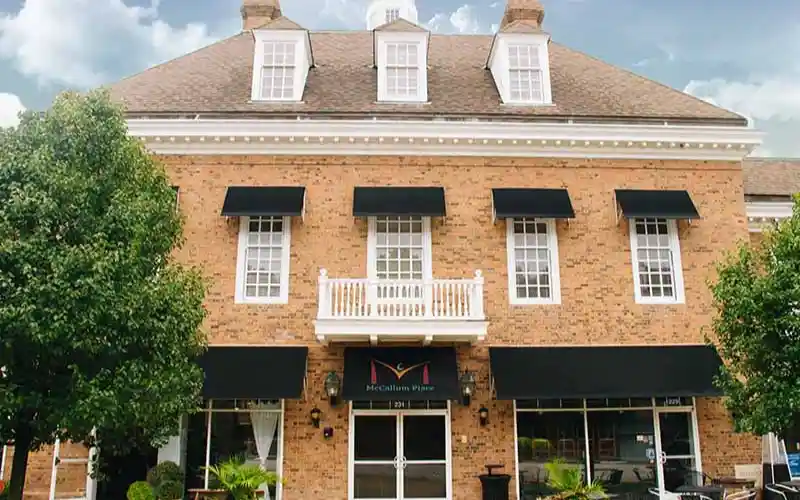
McCallum Place
Verified
Verified
This provider’s information has been quality-checked by Top10 Rehabs’s Research Team for accuracy and completeness, including data verification through appropriate third-party organizations.View This Center’s Verified License
St. Louis, Missouri, United States
Insurance Accepted
Call for price
- 30-45 days
Providing individualized treatment for eating disorders in children, teens, and adults, with 2 locations and multiple levels of intensive care.
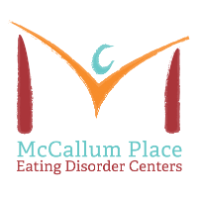
Call McCallum Place
Connect with McCallum Place by calling their admissions team directly.
- Message Us



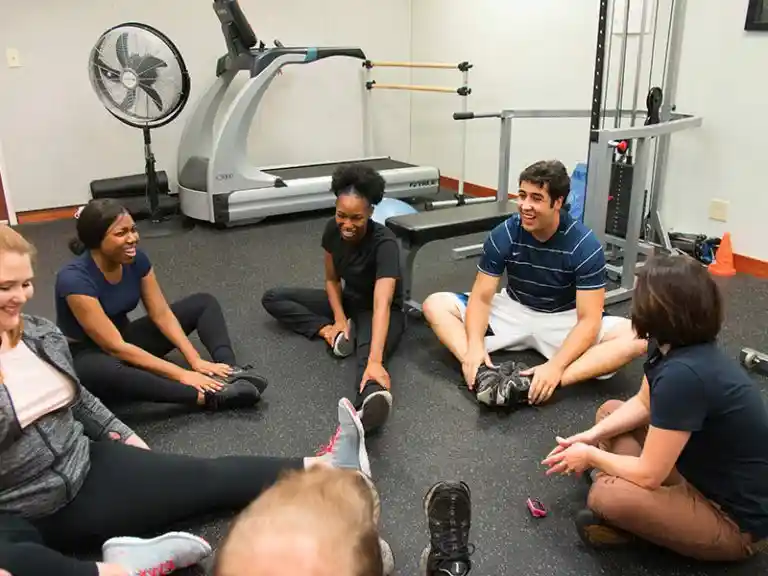









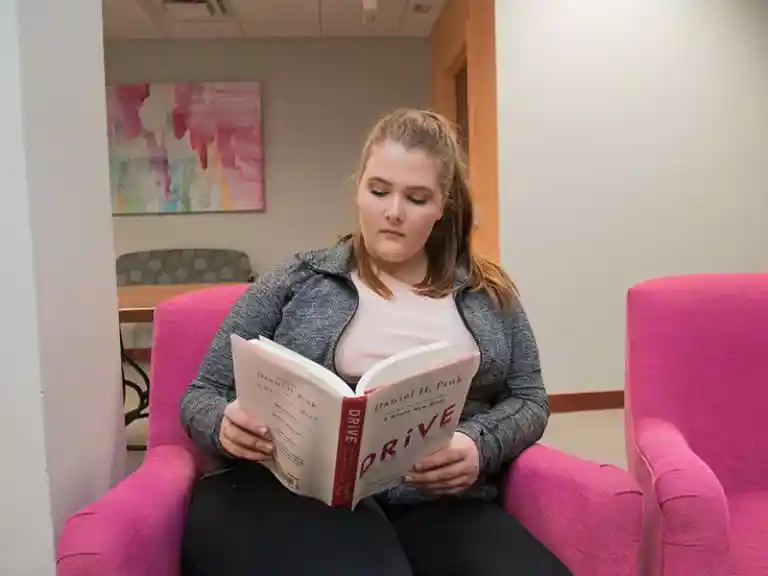
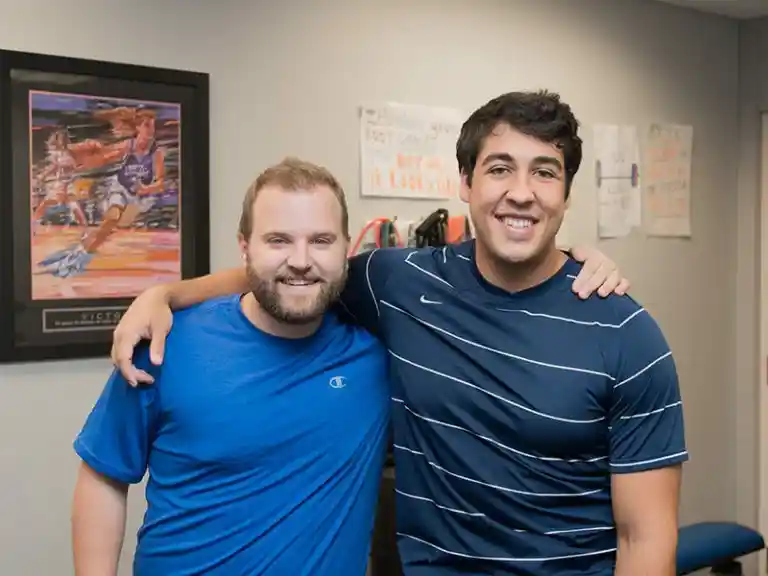
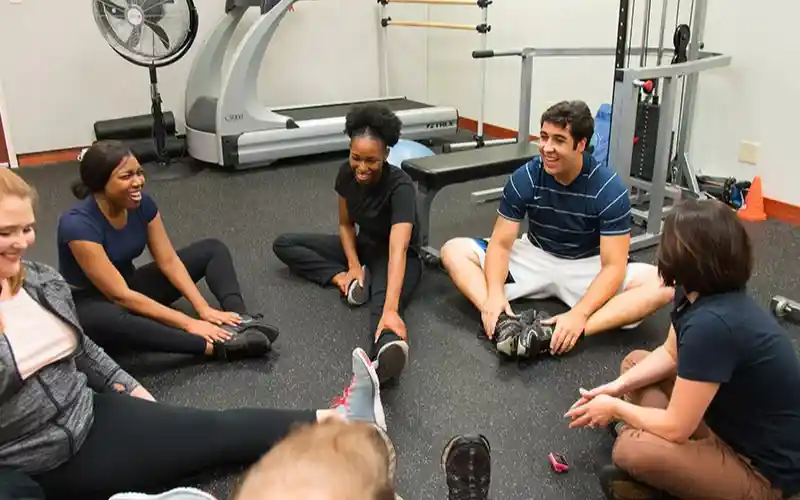



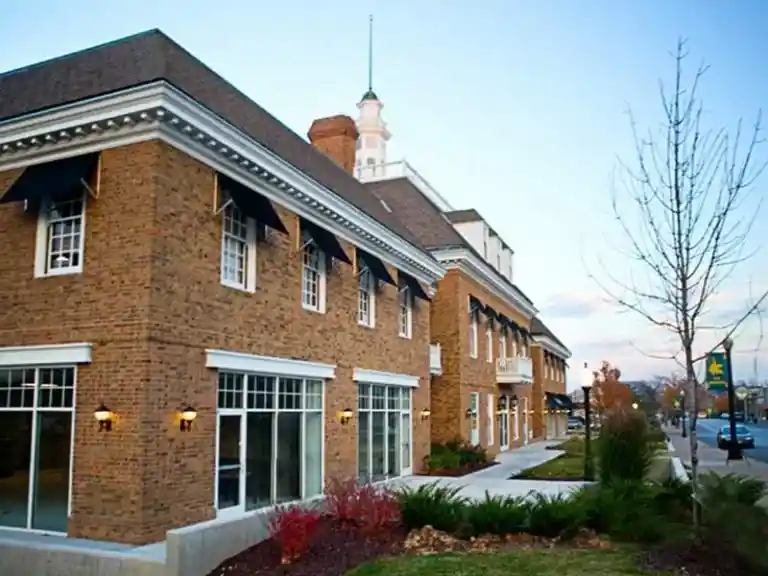
Child And Teen Services
McCallum Place provides treatment to teens and kids. They welcome children ages 10+ at their St. Louis location and 12+ at their Kansas City location. They provide on-site academics and tutoring, weekly family therapy, meal supervision, and multiple group therapies daily. McCallum Place has on-site animal therapy too, with on-site therapy dogs available during meal times and throughout the day.


Individualized Adult Treatment
McCallum Place considers all aspects of health, including physical, psychological, and spiritual. Their treatment plans revolve around the needs of each client and can include trauma therapy, holistic therapies, and more intensive medical care. Clients meet weekly with their discharge planner to streamline their home transition.
Medical And Psychological Care
Licensed and certified professionals, including psychiatrists, psychologists, and physicians, lead treatment’s medical and psychological aspects. McCallum Place’s medical team takes and monitors vital signs and blood work, diabetes, gastrointestinal and cardiovascular conditions, and can insert nasogastric tubes for feeding. Clients also receive group and 1:1 therapy from specialized eating disorder therapists, general psychologists, and dieticians.


Multiple Levels of Care
McCallum Place provides residential care with 24/7 monitoring, day treatment, an intensive outpatient program (IOP), transitional housing, and aftercare. Clients can move through their levels of care, starting in residential, or begin at another point. McCallum Place offers transitional housing in St. Louis for clients in day treatment or IOP. Clients and their family members can attend alumni meetings after discharge for further support and continued care.
Center Overview
Founded
2002
Occupancy
Languages
Accreditation
Joint Commission
Price & Length
Who We Treat
Men
Women
Adolescents
Adolescents
Adolescents receive the treatment they need for mental health disorders and addiction, with the added support of educational and vocational services.
Young Adults
Young Adults
Emerging adults ages 18-25 receive treatment catered to the unique challenges of early adulthood, like college, risky behaviors, and vocational struggles.
Midlife Adults
Midlife Adults
For adults ages 40+, treatment shifts to focus on the unique challenges, blocks, and risk factors of their age group, and unites peers in a similar community.
Address
231 W. Lockwood Ave., Suite 202, St. Louis, MO 63119
Treatment
Specializations
Adolescents
Adolescents
Adolescents receive the treatment they need for mental health disorders and addiction, with the added support of educational and vocational services.
Eating Disorders
Eating Disorders
An eating disorder is a long-term pattern of unhealthy behavior relating to food. Most people with eating disorders have a distorted self-image.
Philosophy
Evidence-Based
Evidence-Based
A combination of scientifically rooted therapies and treatments make up evidence-based care, defined by their measured and proven results.
Individual Treatment
Individual Treatment
Individual care meets the needs of each patient, using personalized treatment to provide them the most relevant care and greatest chance of success.
Family Involvement
Family Involvement
Providers involve family in the treatment of their loved one through family therapy, visits, or both–because addiction is a family disease.
Therapies
Trauma-Specific Therapy
Trauma-Specific Therapy
This form of talk therapy addresses any childhood trauma at the root of a patient’s current diagnosis.
1-on-1 Counseling with Clinical Psychologist
Animal Therapy
Animal Therapy
Animals can inspire trust and self-worth. In this experiential therapy, guided interactions are used to improve social skills and emotion regulation.
Cognitive Behavioral Therapy
Eye Movement Therapy (EMDR)
Eye Movement Therapy (EMDR)
Lateral, guided eye movements help reduce the emotional reactions of retelling and reprocessing trauma, allowing intense feelings to dissipate.
Family Therapy
Family Therapy
Family therapy addresses group dynamics within a family system, with a focus on improving communication and interrupting unhealthy relationship patterns.
Music Therapy
Music Therapy
Singing, performing, and even listening to music can be therapeutic. Music therapy sessions are facilitated by certified counselors.
Nutrition Counseling
Nutrition Counseling
Nutritious food helps patients heal from within, setting them up for mental and bodily wellness as they learn about healthy eating.
Dialectical Behavior Therapy
Group Therapy
Yoga
Yoga
Yoga is both a physical and spiritual practice. It includes a flow of movement, breathing techniques, and meditation.
What We Treat
Eating Disorders
Eating Disorders
An eating disorder is a long-term pattern of unhealthy behavior relating to food. Most people with eating disorders have a distorted self-image.
Co-Occurring Disorders
Co-Occurring Disorders
A person with multiple mental health diagnoses, such as addiction and depression, has co-occurring disorders also called dual diagnosis.
Experience
Personal Amenities
Air-Conditioned Rooms
Private or Shared Rooms
Amenities
Outdoor Lounge
Walking Trails
Special Considerations
Vegetarian
Gluten-Free
Activities
Yoga
Yoga
Yoga is both a physical and spiritual practice. It includes a flow of movement, breathing techniques, and meditation.
Adventure Outings
Off-Site Activities
Adventure Outings
